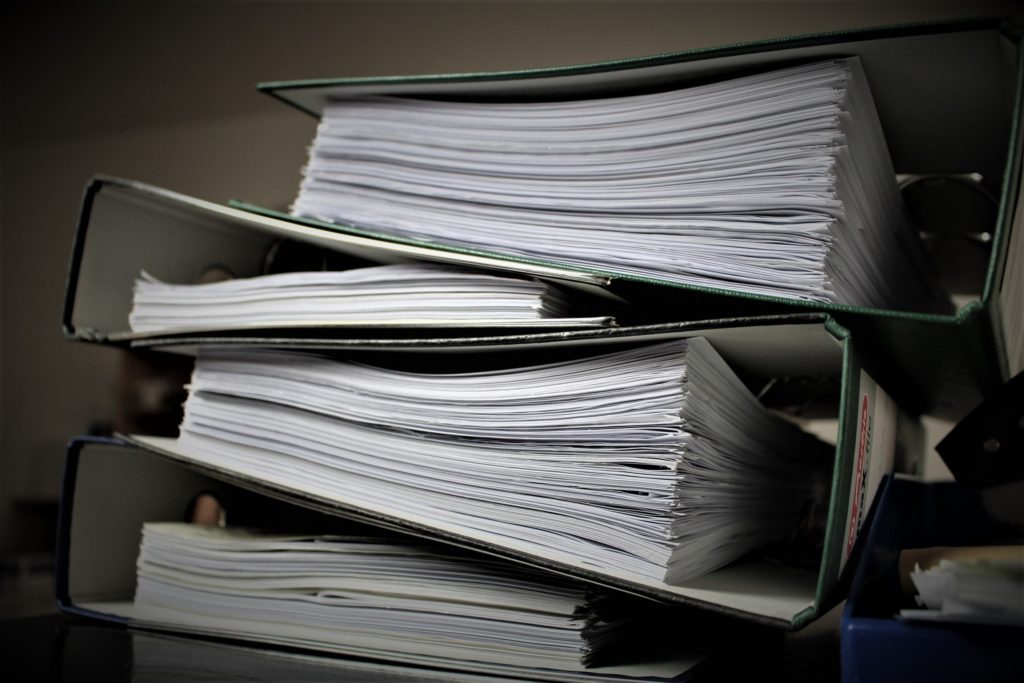Not my work, just inspired by this book and video to do better, be better, and use data more effectively.






Not my work, just inspired by this book and video to do better, be better, and use data more effectively.






Here’s an email I quickly wrote sharing my general ideas of group work with another math teacher. Similar ideas from a few years back can be found here.
Nice to meet you. Group work is a process that takes time to develop, especially if other teachers in your school don’t lean into the structures as much. I recommend trying it on and seeing if a small group of other teachers are willing to try it out too.
Here are the group roles I use.
I lean heavily on task managers to get the group started quickly. If you’re curious about the cups I use for resource managers reach out @ulrichedu. While the kids are doing group work I usually narrate what I want to see the different managers should be doing/ saying like “group managers, check in with the group and make sure everyone understands. If people are copying they may not understand.”
I also try before we start to share the norms for the given activity as well as the math ideas students will need to be successful. Here’s an example from today:
Here’s an example of a reading guide I gave out today: https://docs.google.com/document/d/1RGcFv-MDFtkaq5EQDqLx1lwE8f1r8W351c5IeCQLIPI/edit?usp=sharing
I also modeled the positive things groups were doing with Mr. Pinsky (online tool – see this for more) and wrote some Huskies (PBIS) to celebrate the strong work I saw. It’s a process and takes time in a classroom to develop the culture, especially if your team isn’t as aligned around group work strategies.
Always happy to share resources or chat. Let me know if you’d like to connect more or collaborate in the future! @ulrichedu
Thank you.
The time spent with you, I will remember all my life. Both in my memories and in the way I bring myself into the world; my life is forever altered by spending time with you and the people that call you home.
My first memories of the drive were breathtaking. The small river tucked away in the mountains; the giant redwoods wider than my car; the expansive bridge that glimmered in the bay. Needless to say, you made a lasting first impression.
But then, I felt as if I didn’t belong. Somehow everyone else seemed to belong; but not me. I smiled and tried to fit in, to work hard, to say the right things. California is not Wisconsin.
I found myself lighting up when I saw an Illinois license plate, making friends with people from Minnesota and Michigan. What was happening? You see, people from Wisconsin have beliefs about people from Illinois, from Minnesota. That they are different; that they are other. And yet, you brought us together; you showed us how similar we are; how much we are the same.
Soon, you taught me to value the things that make people different. I thought that my Christian identity didn’t have a place with you and at times people saw me as an outsider, but soon I realized one’s identity was nothing to hide in the shadows; on the contrary, it should be shared, explored, and celebrated. I learned to feel a renewed sense of pride as a Christian, and now have a deep sense of honoring people’s differences and traditions whether they share my own or not.
You opened my eyes.
By bringing together people different than myself, with different life experiences, you opened my eyes to the human beauty in this world. Across culture, across language, across sexual-orientation, gender, or geography, you placed in my life people willing to share their stories and to push me to learn more about myself and the world. At first, these differences made me uncomfortable, but soon I realized at the core of discomfort lies strength.
You opened my eyes to the possibilities of nature. The highest and coldest mountain peaks, the lowest and hottest valley basins. The majesty that makes you feel small and insignificant while at the same time leaving you in awe and thankful for time on this Earth. The rivers that bend; the pines that sway; the trails that go on forever. Over each hill and around each bend you opened my eyes to an unending horizon of beauty and possibility.

You gave me the confidence to create change.
I came to you with a quest to change the world; to change the country. I quickly learned that change has long been sought and many have tried with little success, or at least, you taught me success may look different than imagined.
You taught me that creating change does not happen over night. As the mountain and valleys form slowly, we too spend our lives taking small steps toward change. You taught me the strength and power in diversity and solidarity; the voice of the many; the voice of the forgotten. You showed me that I may not have all the answers and that listening to others is just as important as speaking up.
I am grateful for our time together and the adventures I had with you. You challenged me, you left me in awe. I felt success. I felt failure. I felt alive.
Thank you.
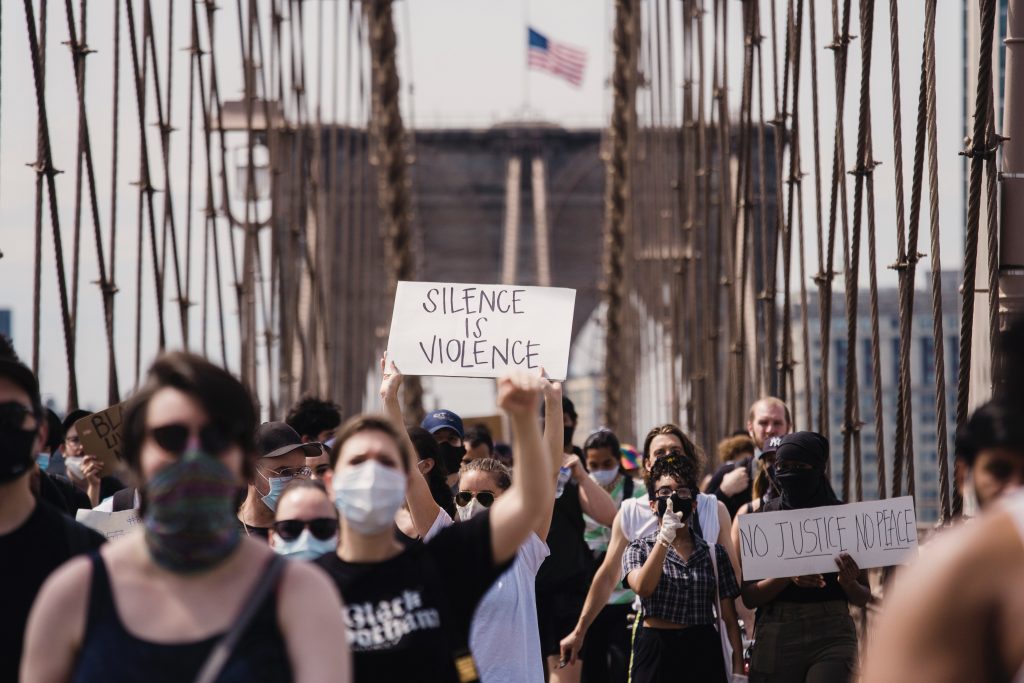
For those of you that know me, you probably know I teach high-school math. Perhaps you know I teach in San Francisco or at a school for recent-immigrants. You also may know I identify as a white male.
For some of you, what you may not know is that I am committed to and interested in up-ending the systems that perpetuate the advantages of some and disadvantages of others. I am particularly interested in learning how to change systems that disproportionally harm black and brown students and families – including my place in perpetuating these harms. I strive to be an anti-racist.
For others of you, what you may not know is that my Christian faith is a cornerstone of who I am and what motivates me to do what I do and form the relationships I do. Listening to stories from the Bible and particularly music that tells the story of grace, forgiveness, community, and those that God asks to lead inspire me and bring me peace.
As an anti-racist, I try to broaden my perspectives. This year I’ve enjoyed reading the perspectives of Bettina Love’s, We Want to Do More Than Survive, Ibram X. Kendi’s How to Be an Antiracist, and Jose Antonio Vargas’ Dear America. Although, I admittedly didn’t finish the book, I began reading White Fragility, as well. I engage with a group of white educators to talk about our identities and how it intersects with the students we teach – predominantly students of color. All of this work is a good start, but I’ve found the real work (and difficult work) happens in the day-to-day work and conversations with other educators.
This past few weeks I have been part of a few conversations where I was pushed to think about my own place in perpetuating the problems that exist in these systems. Both of the comments were given by people of color in response to what I shared. Whether they intended it to or not I ended up grappling with it for a while and feeling a few things – somewhere between defensive and shitty.
It wasn’t until a day or two after these conversations when I was on a run that I started to meaningfully reflect. For whatever reason, I threw on the Worship Now Spotify playlist and the song Grave Into Gardens came on.
I’m not afraid
To show You my weakness
My failures and flaws
Lord, You’ve seen them all
And You still call me friend
‘Cause the God of the mountain
Is the God of the valley
There’s not a place
Your mercy and grace
Won’t find me again
For the first time, I thought about how the beautiful message of God’s love for us intersects with antiracism work: not as an excuse to continue in ignorance, but to seek conversations that push us to grow, feel uncomfortable, and – at times – defensive and shitty. Knowing at the end of the day the Lord knows my weaknesses even before I do and still calls me friend is an invitation to continue this difficult but important work; to break the systems that continue to disadvantage some and build a world that honors all people.
Anti-racism work is difficult and, speaking in the skin I’m in, makes me feel defensive and like a shitty person from time to time. I think grace is the missing puzzle piece; unearned forgiveness. I find it in my Christian faith and the words of the Bible, but for those non-Christians still devoted to anti-racist work I think it’s still important to offer the same grace to each other – not to stand still or not engage in the work, but to challenge ourselves to move forward and despite our failures and flaws still call each other friend.
The goal of this post is to organize and share different teaching fellowships that equip beginning teachers with the skills, relationships, and support to become skilled educators and leaders at their sites. Please share other opportunities! We can organize and make a long list of ways to give support for beginning teachers.
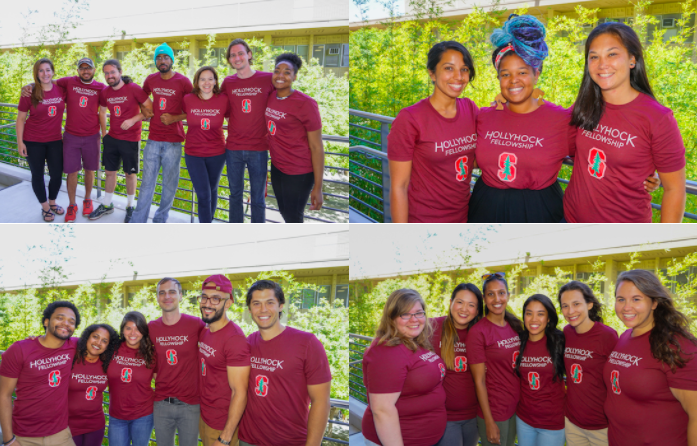
Features
Requirements – High school in U.S. (English, Math, Social Studies, Science)
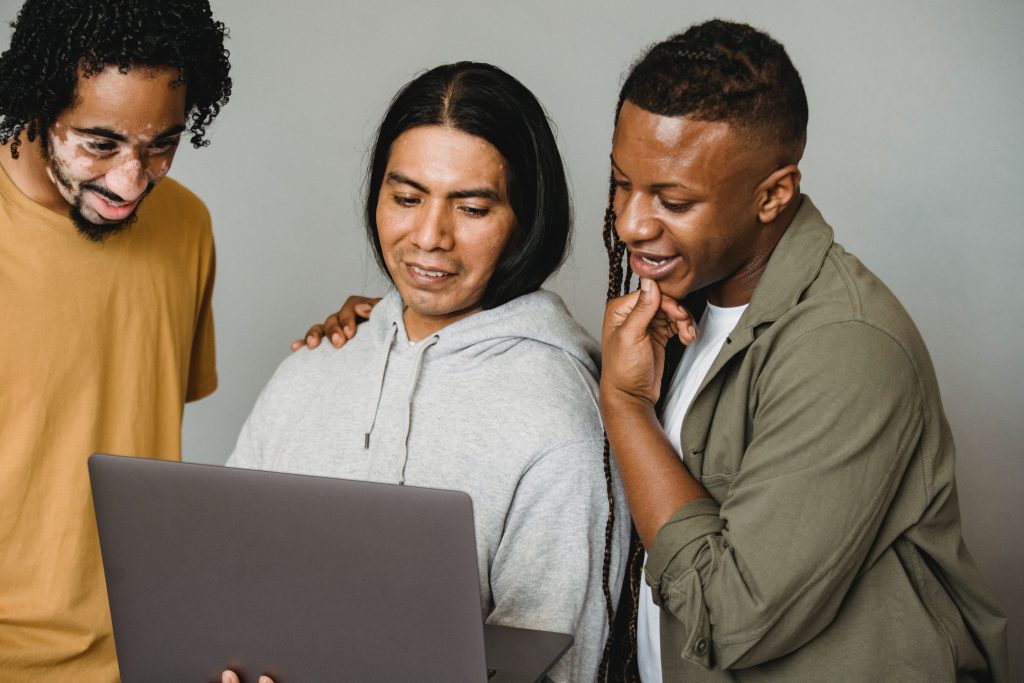
Features
Requirements High school in U.S. (Science and Math)
Give a listen to the words from Trellis leadership team.
Features
Requirements Middle school/ high school in Bay Area, CA (Science & Math)
Check out Episodes from Season 1.
Remember the day it the schools shut down? What were people thinking, saying doing? Look back through episodes from season 1 talking about the first moments and decisions that got us here to distance learning in 2020.
Looking for other ways to ground yourselves and rehumanize the work? Check out “Rehumanizing Mathematics” episode from the Abolition Science podcast.
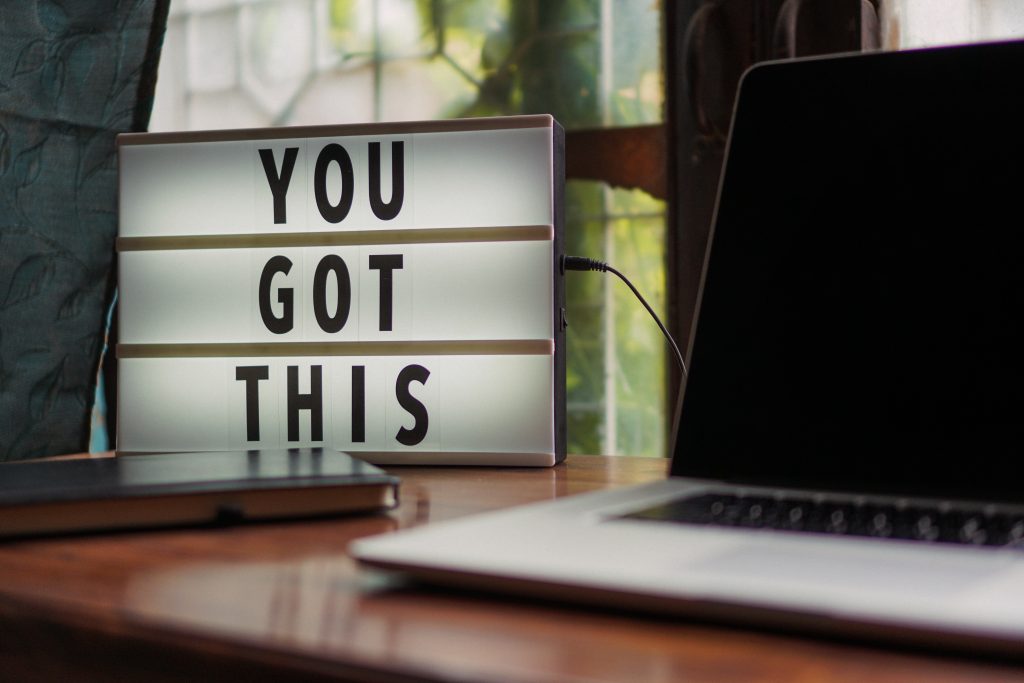
Written by a lead-mentor from the teaching-mentoring organization Trellis. Look here for more information about their work. 
Dear One,
I so much want you to know that YOU ARE ENOUGH.
I know there is so much to do, so much to change, so much to know, so much to advocate for, so much to understand, so many young folks, so much hurt, so much injustice, so much heartache, so much pressure, so much responsibility. So, so, so, so much!
At times it is completely overwhelming, paralyzing, often it even actually makes us ache. We feel it in the pit of our stomachs, or in the throbbing of our heads, in the tightness of our backs and shoulders…in the exhaustion, …so much to fix, so much to heal, so much responsibility. Sometimes it is even difficult to catch one’s breath.
And please, breathe. Remember to breathe. All you can do is your beset. I know you are ALWAYS doing your best. Remember that you cannot do anything if you are paralyzed or ill! No matter how much our hearts break with the injustices we see, our breaking apart cannot heal the injustices. We cannot get mad enough to make anger disappear. We cannot judge enough to extinguish judgement. We cannot be sad enough to make sadness go away. Our self condemnation does nothing to elevate others. We cannot fight enough to create peace. We cannot feel enough hurt to facilitate healing.
All of those sefl message of NOT enoughness do not do ANYTHING to make anything better. You have so much on your plate and shoulds, why spend ANY precious time, energy or emotion criticizing yourself? You are doing your best. You are here! You show up! You care! You love those kiddos! You put your hear and souls into this work. This is absolutely the most important work to be done! Right where you are… being there with those young ones.
You are doing your best. Part of doing your best also means self compassion and self love. We can teach the young to love themselves, ONLY by modeling…. They really don’t care what we say. They care what we do.
How are you practicing self love? How are you nurturing and honoring yourself? How are you modeling this for your students?
You are honored! I honor and appreciate you so deeply. I know it needs to be expressed more often… Who you are, what you do, how you show up changes lives, changes the world. I am overwhelmed with gratitude that you are right here in the moment. I am filled with awe and appreciation for all you do to contribute to this crucial, all important work!
Please let these words sink into your being… into your heart.
Please practice noticing all the ways you make a difference. Even and especially in the ways we stretch and grow…even in the discomfort of growth, you are making a huge difference in lives.
You took on the MOST important job in the world and just maybe the absolute best way to make the biggest difference is to care for your precious, irreplaceable, unique, valuable, loveable, self! Cultivate, remember, practice, notice the Love that you are, the gift that you are to the young people, to your friends and families, to the world! You are a gift! You are a gift! You are a precious, beautiful gift to the world!
Notice this!
Feel this!
Drink this in….
Allow this Love to fill you up!
Know that Love is the care of your being and it is when you know that you will be able to reflect this to those around you. We are all mirrors. We are mirrors… We look at the world to make sense of who we are… What do you want to reflect?
Practice knowing your goodness, your wholeness, your beauty and gifts. And then you will become a more and more clear mirror for those around you.
You are a gift!
You are precious!
You are so important!
You make a difference!
You are a treasure to those around you!
You are a gift!
This episode of COVID Collaboration we talk with three educators that share their experiences and advocate for change. Coronavirus has made us question the way we teach students, the way we grade them, and has challenged us to connect and communicate with all families. The guests paint a picture of equity issues that have arisen long before COVID-19 but have become more apparent, and push us to give voice and opportunities to students from disadvantaged backgrounds.
What is your equity stance?
What lines do you connect with?
What questions come up for you?
If you are new to thinking about equity on a deep level or have already begun the journey, join us in conversation on twitter @covidlearning or comment below to join the movement. Let’s rethink education during COVID and build systems grounded in communities that can commit to providing all students the tools and opportunities they need to flourish.
Highly recommended is another perspective from Stanford University professor Jonathan Rosa on the podcast School’s In: https://podcasts.apple.com/us/podcast/equity-in-school-communities-during-coronavirus-guest/id1239888602?i=1000470142943
WhatsApp: used by many families and communities with ties from outside the United States.
WeChat: the main social-media/ communication platform from China.
Want to donate to schools? Check out this page!
What does equitable grading look like? Some districts suggest grades should be pass/ fail. Others say we should continue grading as usual. Others say we shouldn’t grade anything new at all and keep the old scores.
If you are looking for the easy answer to grading, this isn’t the place. What we offer are some unique perspectives from the book “Grading for Equity” written by Joe Feldman and couple of unique perspectives from educators that have grappled with the way we can give students and families feedback instead of or in addition to traditional grades. How are we communicating what students know to families?
Are grades just getting in the way? Let’s just give all students an A? Talk to the families and communities you serve – their voice is often missing!
Hear the thoughts, share your voice, share your story of teaching and learning during the COVID-19. Thanks for being here.
The three featured voices of Episode 3:
Music Credits:
Hello educators! How are you doing with teaching? What are you excited about and with what are you struggling? How do you allow yourself grace?
In episode 2 we look at a few examples of teaching in the first weeks of distance learning. Some teachers use more traditional methods of making videos for students to complete homework and some are ready to try out new online applications like Nearpod, Seesaw, and Padlet. Comment below or let us know on Twitter @COVIDlearning – what are your favorite resources and in what ways are you collaborating with others?
As always, we pause to think about the perspectives of educators serving traditionally under-represented students and remind ourselves the permission we have to allow ourselves grace. Here is a list of resources you can use and share.
Thanks for being here.
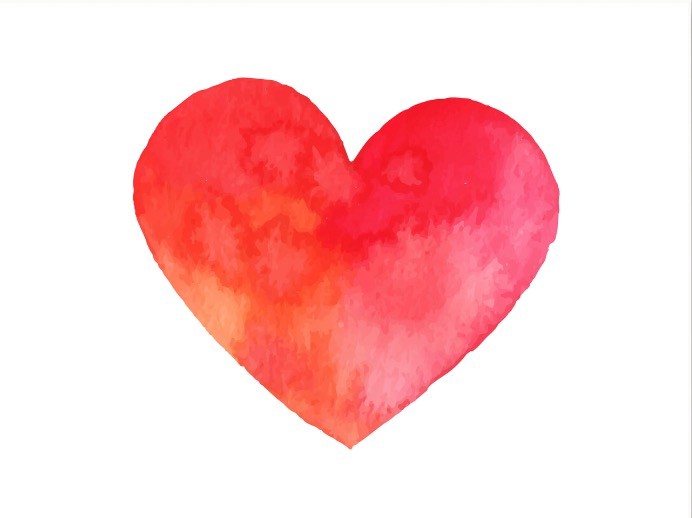
In March, 2020 we got the news that schools would be closed, first for a few weeks and now it seems, indefinitely. We relive the first days and hours of getting the news by talking to educators about their initial thoughts, experience, and wonderings.
Hear the stories of administrators and teachers as we begin the conversation about what school looks like in the time of COVID-19. If you have a story to tell about your experience please comment below or reach out on Twitter @COVIDlearning.
We may be isolated at home but, as always, we are better together.
Let’s collaborate.
